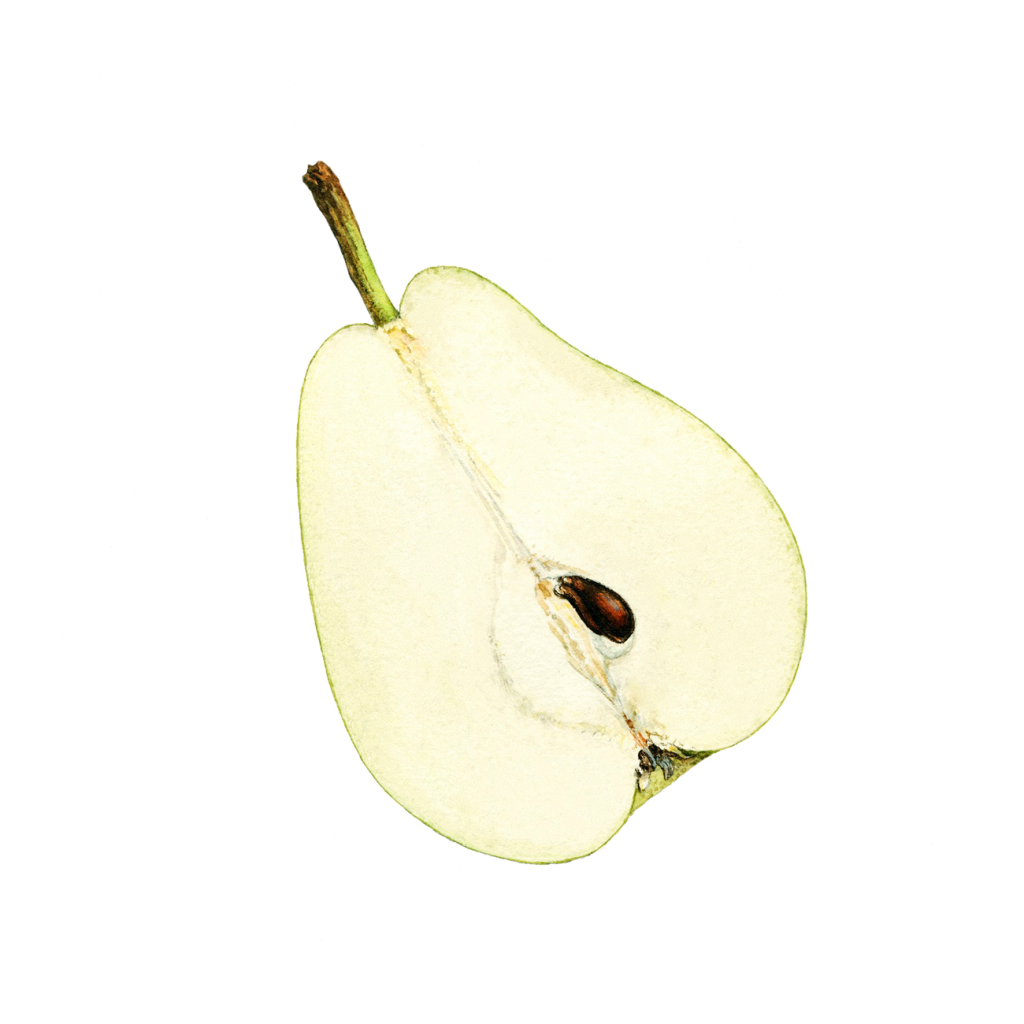Learn how to speak Maragoli with us! Today, we’ve curated a list of 14 common Maragoli phrases to spice up your speech, and sound like a ‘proper’ Mulogooli.
Remember to pair this lesson with our free lessons on learning to speak Luhya. Not only will revisiting these resources on learning Luhya help reduce attrition of that which you’ve already mastered, it will foster continuity ; an important factor when learning a new language. Finally, we welcome corrections, clarifications and contributions. Use our comments section for any of these and lets learn together.

Vika uvutima
[ Lulogooli phrase]

means….When someone’s got beef and is acting salty.
[ English translation]
14 common Maragoli phrases to spice up your speech
So common are these Maragoli phrases there’s literally no limit to how often you can use them and not sound awkward. More importantly these common Maragoli phrases are that which makes the pattern of the language sound so good to us native speakers.
Kivuri
Translation: It’s gone beyond/ spilled over. In Kiswahili, the saying ‘Maji yamezidi unga’ suffices.
Use kivuri to punctuate your conversation to indicate that things have gone awry. This common Maragoli phrase communicates that your already narrowed options are no more.
Mugase
Translation: Be blessed.
Mugase can be used as a parting word. It is also commonly used as a a way to say thank you in Maragoli.
Risara rireta mirembe
Translation: Prayer brings about peace/well being.
This common Maragoli prayer is also the title and refrain of a popular worship song. When used in everyday speech this phrase not only gives hope to those in need, but also consoles persons undergoing tribulations of life. Basically, this phrase captures part of the ethos of the spirit of mulembe.
Rero na madinyu
Translation: Today its hard.
This phrase is used to express aghast. It is also used to express exasperation; or even wonder at meeting an unexpected outcome or impediment to a deed.
Rekaza
Translation: Don’t mention it.
Use this phrase to express your agreement with, or appreciation of the other’s description, appreciation or take of an issue in a conversation.
Namadinyu
Translation: Things are hard/tough.
Just like the Maragoli phrase rekaza, saying namadinyu indicates to whomever you are speaking to that you are actively listening and appreciate their concerns.
Rero yaga gaandegelee
Translation: This time (or today or now), I’m defeated.
When you at loss as to what to do next.
Ndakuha homu waka ukore
Translation: I have given you home work to do.
When you challenge another to do their own research; or to ask around in search of more information to help triangulate a notion. Moreover, this common Maragoli phrase is used to urge another to go ahead and see for themselves if they are disbelieving of what you are saying.
Vanavitu
Translation: My brothers and sisters.
Often used as an appeal to fellow tribesmen. Can be used disingenuously by a protagonist to ‘fake’ their belonging.
Mmborandi?
Translation: What are you saying?
Depending on the situation, this phrase can be a question seeking clarification on what two or more people are saying. It is also used as a conversation starter with a group of people, or even as a way to greet in Maragoli. Rhetoric use of this phrase is also common as when shattering the awkward silence that may follow an event or happening.
Kohenzaku vuza n zimoni
Translation: We are just watching (the unfolding events) (from afar) with our eyes.
When the unbelievable – taboo, deviant behavior or callous hardheadedness – is unfolding right before your eyes. The spectators too shocked, indifferent or exhausted from their counsel being ignored elect not to act but ‘give eyes’.
Kigira ndio
Translation: Thus.
Let’s just say that the Maragoli are explainers. Our default settings when we speak is to do so in exhaustive breadth and depth. Thus the phrase kigira ndio.
Msaaleku
Translation: Put me in your prayers.
Off on a journey? Big exam ahead? Going through a tough period? Embarking on a new opportunity? Facing uncharted waters ahead? Seeking blessings and goodwill? This common Maragoli phrase is your go to when in need of good vibes to be sent your way.
Sheee!
Translation: Sheee!
Shock, disgust, disapproval or surprise.
About lulogooli
The Maragoli or Mulogoli is a Bantu tribe that’s one of the larger houses of the Luhya supra-community that’s presently mainly domiciled in Western Kenya. Maragoli language or Lulogooli, Logoli is the tongue of Maragoli. Join us and learn how to speak Maragoli language. Start of with our free lessons in Maragoli language. Build your vocabulary with our stories from Maragoli culture whose narrative harnesses the richness of L’logoli in telling our origin, beliefs and way of life. Hop on our continuous search for the meaning of different Maragoli proverbs and sayings. Test yourself with our dalliance at the intersections, such as in our ongoing Kinyarwanda-Lulogooli and Lingala- Luhya discourse. Let’s get you started with Kimaragoli, with our mega post: Learn Maragoli Online: The Mulembe Nation list of 60+ common Maragoli words, their translation and meaning.
Subscribe to Mulembe Weekly
Get culture, language, stories and discussions in your inbox every Friday 5 PM East Africa Time

